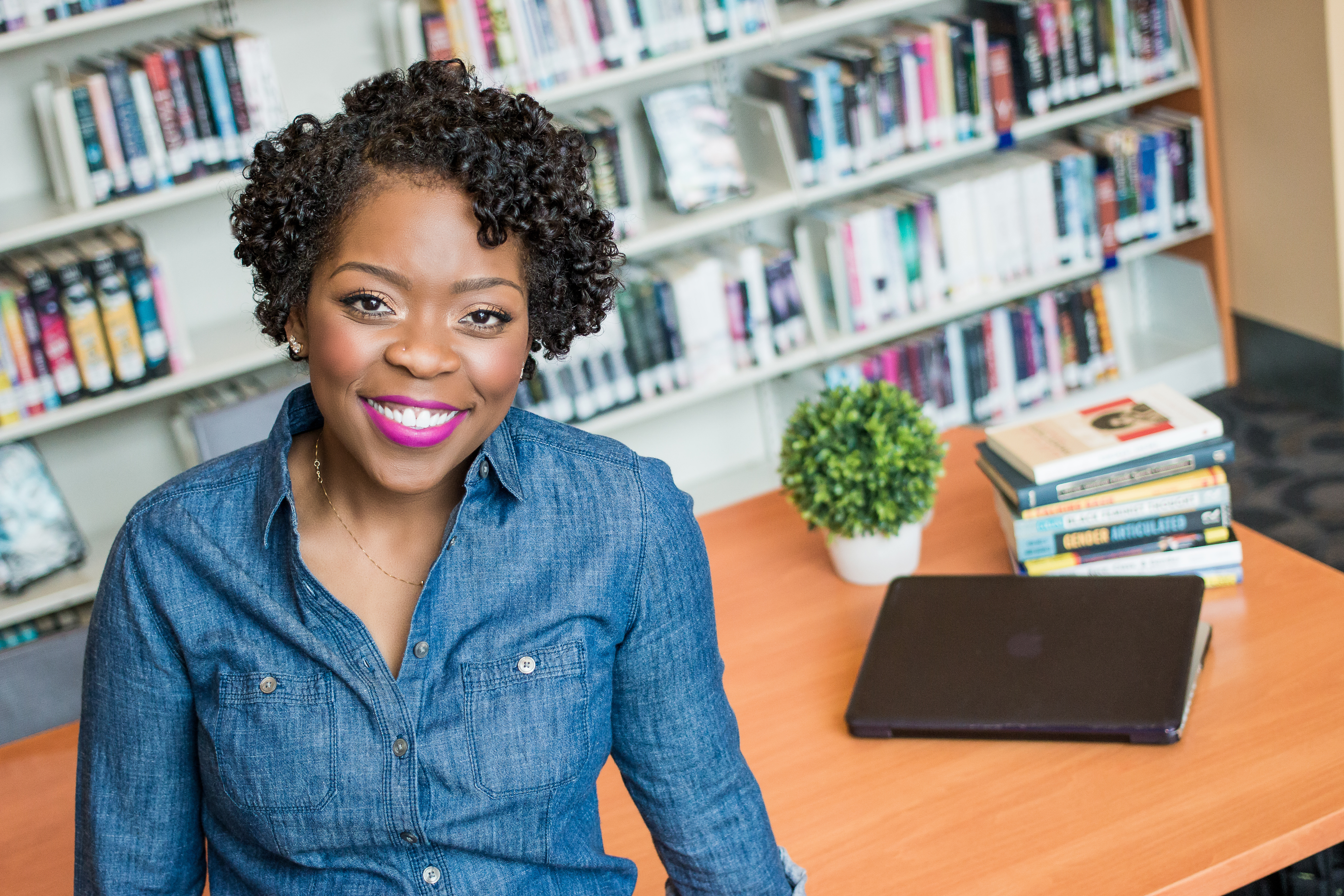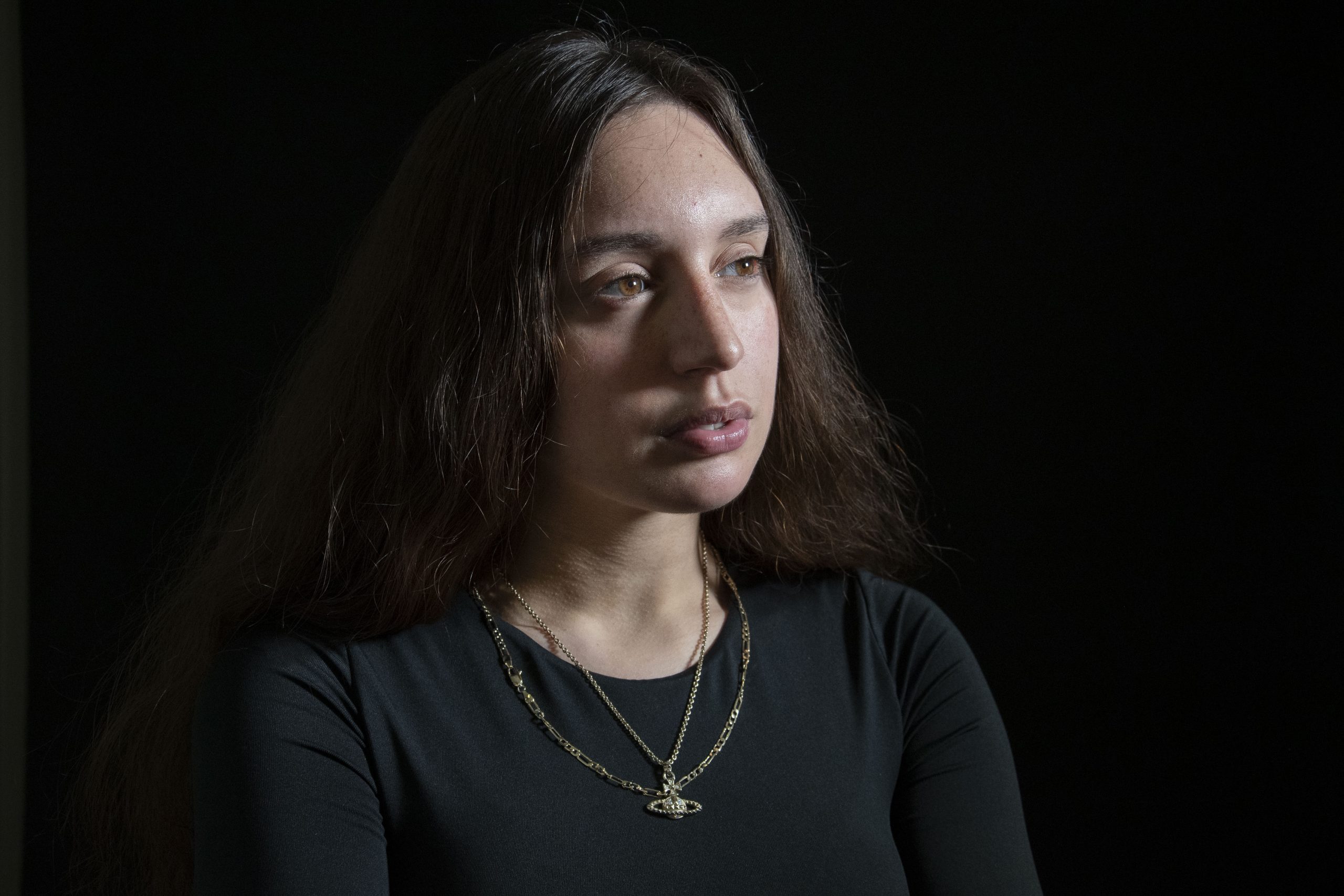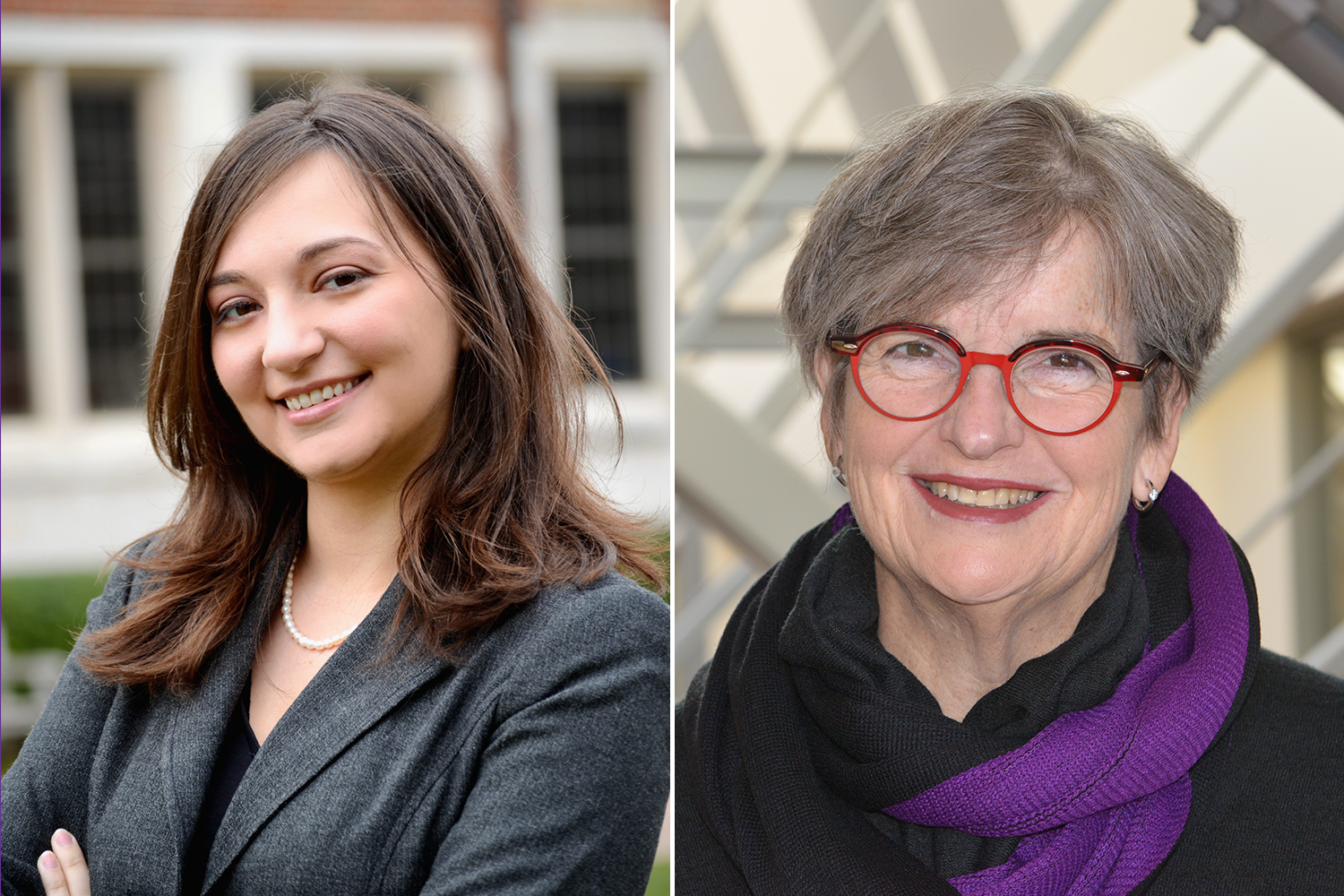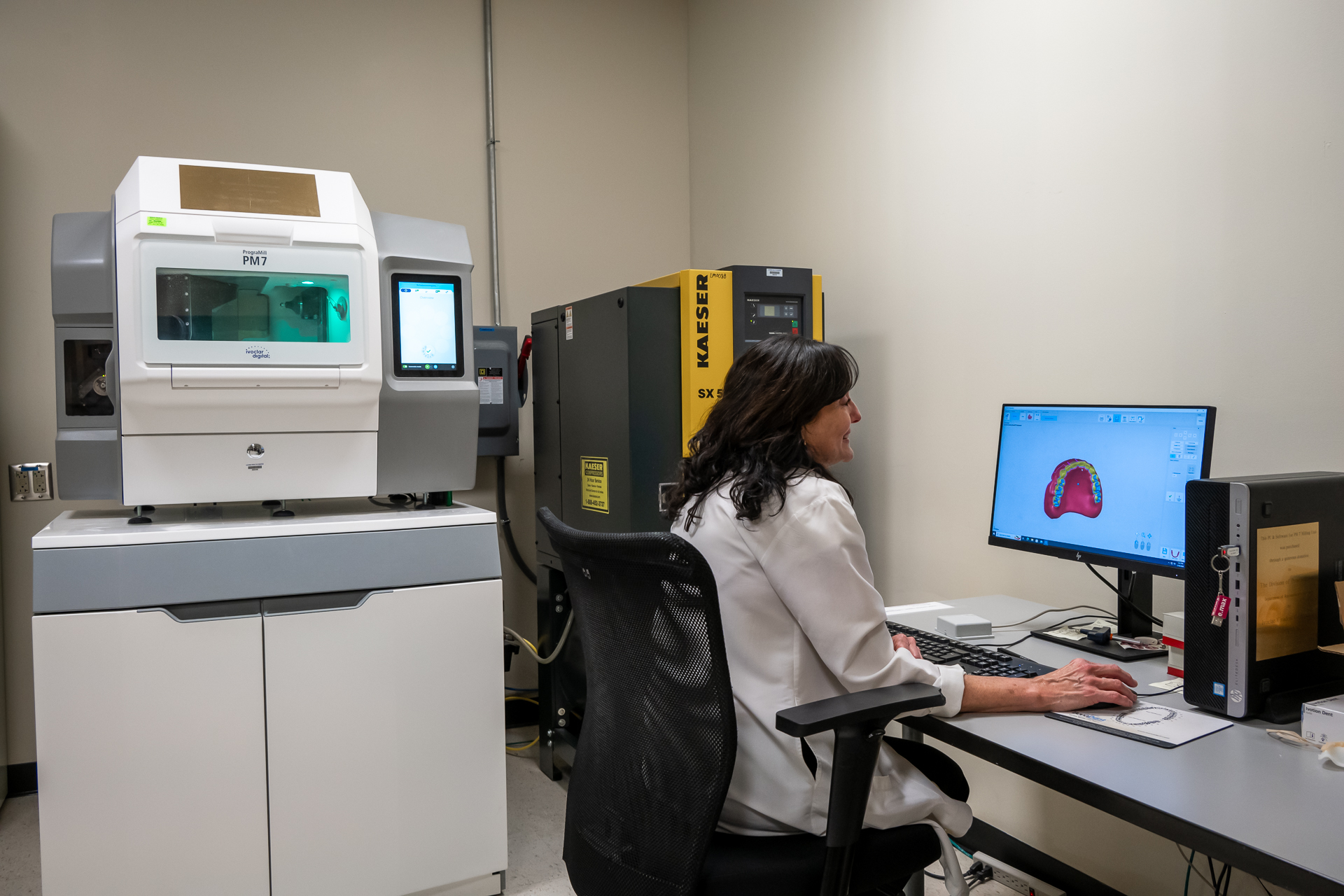Shardé M. Davis is an assistant professor in UConn’s Department of Communication and a faculty affiliate of the Africana Studies Institute and the Institute for Collaboration on Health, Intervention and Policy.
Davis, along with Joy Melody Woods, a graduate colleague of hers at the University of Iowa and now a doctoral student at the University of Texas, created a Twitter hashtag “#BlackInTheIvory” in early June. The hashtag immediately went viral and brought people together to discuss racism at institutions of higher learning. Davis recently spoke with UConn Today about the hashtag, and the broader topics it addresses.
How was the hashtag “#BlackInTheIvory” created?
It started on late Saturday (June 6) evening with my friend Joy. We were both on Twitter and sharing, as people do, different experiences. Joy was being really brave and sharing some of her experiences of racism at her graduate institution, which is the same place I went to graduate school, and I wanted to share some of my own stories. I wanted all of my tweets with my stories to connect and have a golden thread that tied them all together. So I thought I would use a hashtag to indicate that.
I just texted her (Woods) and said what do you think about this (#BlackInTheIvory)? I am waiting and I am waiting and she responds back, “I love it, I just tweeted it out.” I was like, “Wait, first of all, I was looking for feedback and, second of all, don’t take my ideas! (with a laugh).” But, she has more followers than I do, so we both tweeted it out and didn’t think much of it, to be quite honest. I didn’t know it would be really opening the door for so many other Black academics to share their stories, but that’s exactly what happened.
So you go to bed Saturday night and what happens on Sunday?
I was amazed to see that so many people were using the hashtag. It has opened the floodgates for these stories to pour out. It wasn’t until later Sunday afternoon when Joy said, “You should put in your bio and profile that you are the co-founder of #BlackInTheIvory.” I was like, why? I’m not that active on Twitter and have 300 followers, but as Sunday pressed on, more and more people were tagging it and expressing gratitude. They were asking who made this hashtag. It grew and grew to late Sunday night when it was one of the top trending hashtags in the United States. In that moment I was like “Wow, this is a thing.” People seem to be really appreciative, with so much gratitude. I was just blown away!
People who don’t spend a lot of time on college campuses might think of them as very liberal and be surprised that racism exists on them. What is your reaction to that?
Sometimes, the most liberal individuals can be the ones who commit the worst kind of racial atrocities. If you are an outright racist and really subscribe to anti-Blackness, you are probably going to be living in a town where there are not many Black people, not have any family members that are Black, you are not going be interfacing with news or TV shows, so you have created a predominately white space.
Liberal-minded people are likely immersed in more diverse spaces. And while they consider themselves to be aware, conscious, and welcoming of people with diverse racial backgrounds, their default is to harbor subconscious racist attitudes and/or proclivities, and that’s just the unfortunate truth. Why? Because the foundation of the United States is built upon racism and other interlocking systems of oppression. That foundation was purposefully created by elite, cisgender, heterosexual, very wealthy, white men to preserve their political and economic power, authority, and domination. Those American forefathers spawned generations of white people, through which racist ideology and rhetoric was passed down. This means someone, at some point, had to undo what they were socialized to think and believe by their elders. They had to make conscious decisions to think and behave in different ways. But, the operative word is “undo.” The moment a white person stops working on their allyship, is the moment they run the risk of falling back to their default. The key point is, white people do not arrive at being critically aware of systemic racial oppression and remain there. No, it is a continual, life-long journey of self-reflection, awareness, and most importantly extreme sacrifice so that Black people and other people of color can feel safer and more included in dominant American society.
What advice do you have for people who are trying to determine what they can do to fight racism?
Think about your own sphere of influence. That’s what I did. I thought, what can I do? I am not a grassroots activist, I am a researcher. I wanted to have some kind of impact and it seemed my academic research area was the way to do it. So for others who are looking to make a difference, again, think about your sphere of influence. And also know that issues of police brutality, racism, anti-Blackness, prison industrial complex, and the like are not new – they have always been pervasive in the United States. And there have been activists working diligently on these issues for years. This means, the work is already being done, so you don’t have to reinvent the wheel. Go find the people who are already doing the work and then put your head down and help them.
For anti-racist work, I have been working with faculty and staff of color coming up with changes that we want to see at UConn and have presented that to the President. If people want something, they can find those who are already part of putting things in motion.
What can universities and colleges do to make the situations better that #BlackInTheIvory has brought forward?
Universities have to embrace the idea of race-based equity. That is across the board, whether it is salaries, retention offers, grants, scholarships, resources, buildings, hiring processes. Racism will always exist if we don’t do anything to subvert it, which means Black Americans will never be equal to white Americans. With that said, the university has to make a concerted effort to bring us to a more equitable playing field. That means when we have equitable practices in the university there are dedicated dollars and resources that are specific only for people who are from underrepresented groups in the academy…Black Americans, Indigenous native people, Latinx people, Pacific Islander people. We are significantly and disproportionately underrepresented in the academy, which means we should be given extra resources, above and beyond our colleagues who are overrepresented in the academy, as an attempt to fill in the gap.



